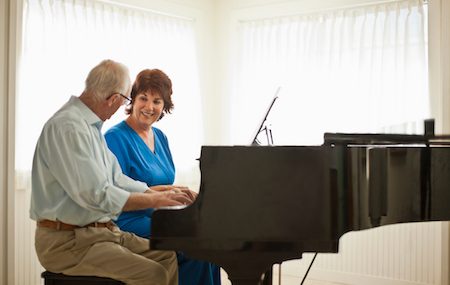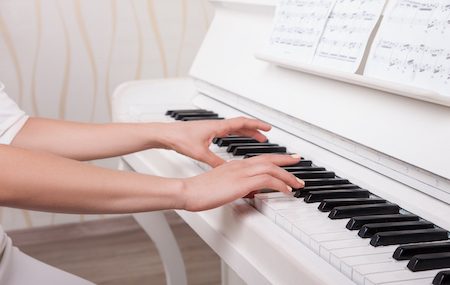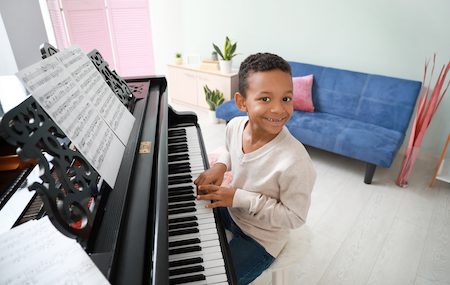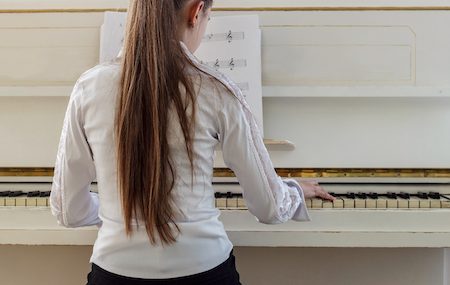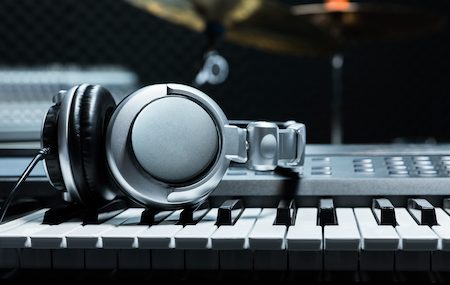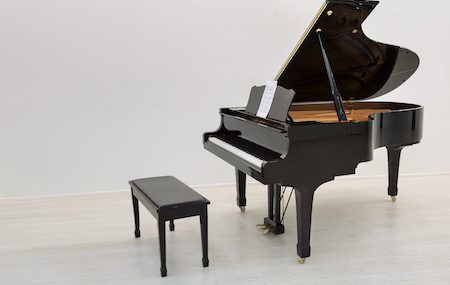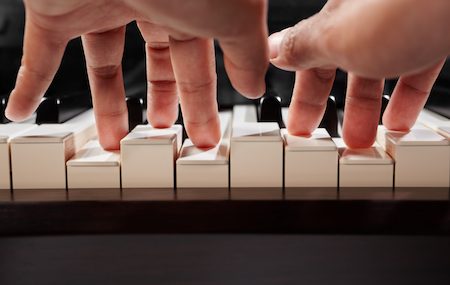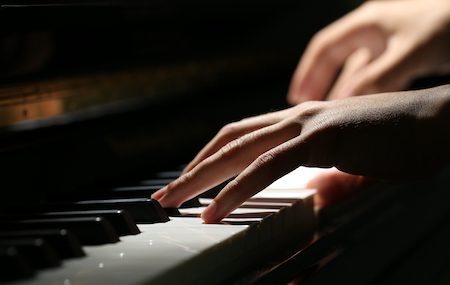There are many times in our lives where we sit down and create lists to help us find our passions. We may do it as we enter college. As we become more secure in our jobs. When New Year’s Eve rolls around each year. As we retire and have more time available to find outside interests.
It usually starts with a wish: I wish I could …
What’s your wish?
We often give our kids the gift of music. We push them to start piano lessons, or join the school band.
But what about as you age? Are you too old to start up something new? Is it too late to learn to play the piano?
Not at all!
In fact, it may be even easier to learn to play as an adult.
Why? Because as an adult, you have more drive and determination. As a child, a lot is vying for your attention, and it’s easier to get pulled into different directions by a lot of outside influences. There isn’t enough time for a child to do every after school activity they wish to do. Something has to give. And it might be making music.
But now, your focus has changed. It’s not a race. It’s about following through on something you choose to do.
Stop worrying about if it’s possible. It is! You just have to sit down and play, and move forward one piece of music at a time.
Purchase a piano and place it in an area that is conducive for playing.
Don’t think of it as practice. Simply enjoy that you get to play the piano every day.
And set small goals. Move from the first level of piano playing into the second. Find things that entertain you, and help you keep going.
But most of all, do it for you.
Because that’s really the biggest advantage of learning anything as an adult. You have what it takes to set goals and see them through.
Why not start playing the piano today?
